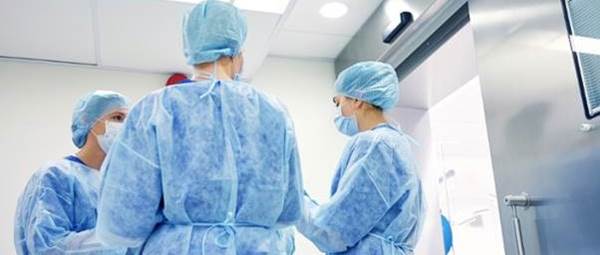Warning signs after a kidney transplant
What to watch out for after a kidney transplant and when to seek medical advice
Key points
- The most common issues you might experience are delayed graft function, rejection, and infection
- Problems are often first detected through blood tests at your clinic appointments
- Make sure you attend all your scheduled appointments so your transplant team can monitor your progress
When to seek medical advice
Please contact your transplant team if you experience any of the following:
- A high temperature of 38C or above
- Feeling hot and shivery
- Severe headache
- Diarrhoea
- Vomiting
- Shortness of breath
- New chest pain
- Fatigue or generally feeling ‘rough’
- Little or no urine
Make sure you attend all your clinic appointments
Often early signs of kidney rejection are picked up through blood tests at your regular clinic visits. This is why it’s so important to attend all your appointments.
Rejection
Rejection is your body’s response to having a transplanted kidney. The immunosuppressant medicines will help to stop you rejecting the organ. But many transplant patients still experience rejection. This is usually mild and can be treated with different medications.
Infection
Infections are very common immediately after surgery. Infections can also occur in the months or years after a kidney transplant. This is partly due to the immunosuppressant medicines that lower your immune system. Chest and urinary infections are the most common infections and can be treated with antibiotics and antivirals. Serious infections are rare.
Delayed graft function
Delayed graft function is the medical term used when a transplant doesn’t start working straight away. You may hear your care team talk about your kidney being ‘sleepy’ or slow to ‘wake up’. The main signs are little or no urine and high creatinine levels in your blood tests. Your transplant team will be monitoring you carefully to check for these.


